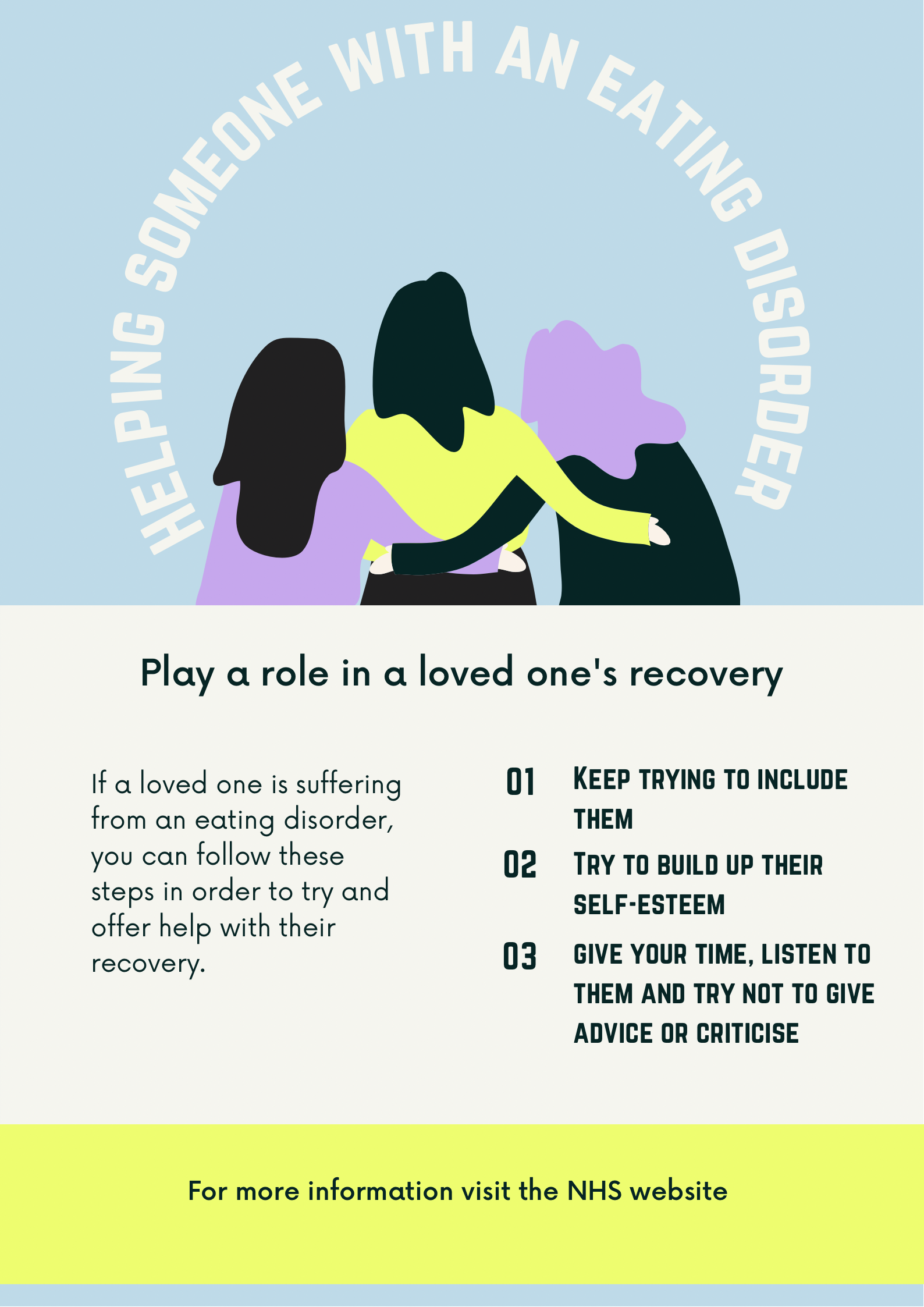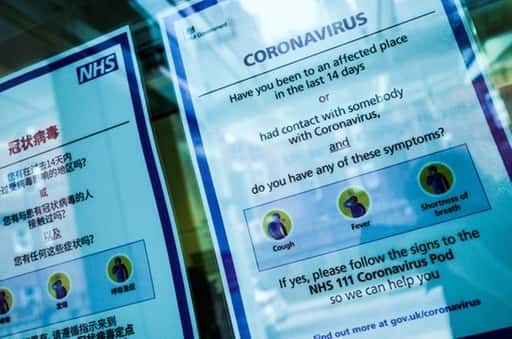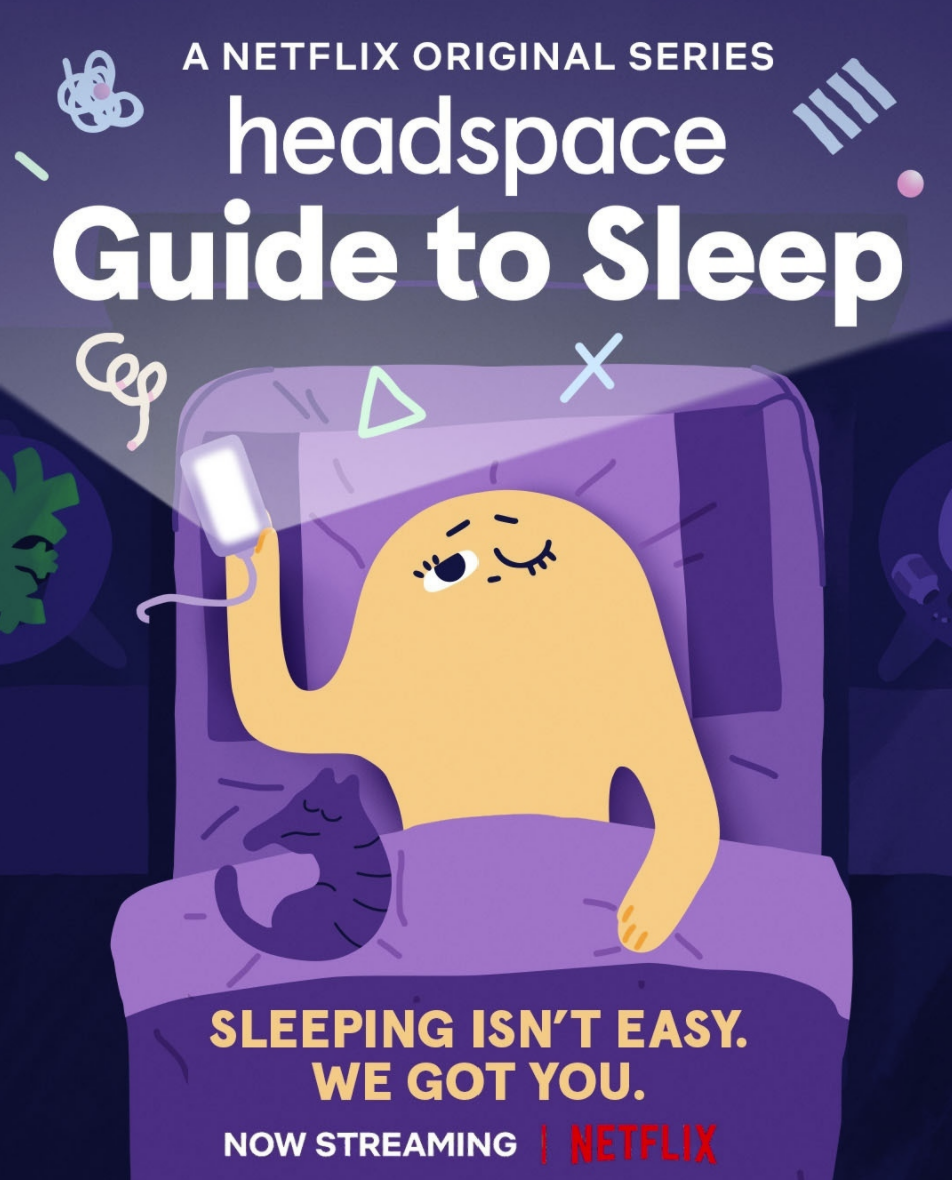The tragic death of reality TV star and anorexia sufferer Nikki Grahame this month is a powerful reminder of the threat from eating disorders in today’s social media-driven society, where image is everything to vulnerable younger people.
One campaigner who has herself suffered from social media-fuelled eating disorder says it should remind us all that compassion – not judgement – is what is needed now.
View this post on Instagram
FRIENDS and family confirmed the death of Big Brother star Nikki Grahame earlier this month, after a three-decade battle with anorexia.
She was known for her bubbly personality, which shone during her time on Big Brother. The month prior to Nikki’s death, a GoFundMe was set up by friends and family for her anorexia treatment. The funds reached £68,819 which were disabled and held by GoFundMe, which has now re-opened the account, which is now at £70,370.
‘Funds will be held safely in this GoFundMe until we have established an organisation supporting those suffering from anorexia to which we will make a donation in Nikki’s memory.’ Leon Dee taken from the GoFundMe site.
The NHS website describes eating disorders as ‘a mental health condition where you use the control of food to cope with feelings and other situations.’ The website also states that ages 13 to 17 are the most affected.
Eating disorders can be caused by (but are not limited to) a number of factors, which are described by Mental Health UK.
Possible psychological factors:
- Being vulnerable to depression and anxiety
- Finding stress hard to manage
- Worrying a lot about the future
- Being a perfectionist
- Controlling your emotions
- Having obsessive or compulsive feelings
- Fear of being labelled ‘fat’ or overweight
Possible ‘life’ factors:
- Pressure at school
- Bullying or abuse
- Criticism for your body shape or eating habits
- Difficult family relationships
- Having a job or hobby where being thin is seen as ideal
Possible genetic factors:
- Changes in your brain or hormone levels
- Family history of eating disorders, depression or substance misuse’
The news sheds light on the importance of raising awareness of mental health and eating disorders, which can be a little bit of a taboo and sometimes even the butt of a joke.
But when it affects around 9% of the population, why is it not taken seriously? ‘Less than 6% of the people with eating disorders are medically diagnosed as “underweight,” according to ANAD, the US-based National Association of Anorexia Nervosa and Associated Disorders.

The three most common eating disorders are anorexia, bulimia and binge eating disorder, though there are others – including OFSED, which is when symptoms do not fit exactly into one of the categories.
‘10,200 deaths each year are the direct result of an eating disorder—that’s one death every 52 minutes. About 26% of people with eating disorders attempt suicide,’ says ANAD.
Charities like Beat are trying to change the narrative for eating disorder sufferers by campaigning to help people become more compassionate and understanding towards the illness.
‘Effie’, who suffered with an eating disorder in 2018, now uses her Instagram account to educate others about the issue.
She explained some ways we, as a community can help and how to talk to our loved ones when trying to help.
“I think people need to be mindful of the language they use around eating disorder (ED) sufferers and survivors,” she said. “Be gentle and mindful, create a safe space and accept that someone suffering with an ED may not know/be in denial.
“Do not make public comments like ‘You’re eating a lot/not a lot’: instead, use an opportunity when alone or with close friends/loved ones to say things like ‘We care about you’.
“When we lead difficult conversations with love instead of accusations, we create a space for healing rather than defensiveness.”
The NHS website explains that recovery can take weeks, though the damage from eating disorders can last much longer.
“I personally found that when I was suffering, Instagram and comments about how skinny I was fuelled me and felt like compliments because my ED had changed my brain chemistry,” said Effie.
Social media platforms can play a huge role in many people’s lives and with the rise of influencers, Effie explains that eating disorders or EDs can be glamourised by them and the media. There is a fear that “when the people we look up to suffer from EDs, many see their own ED as a victory”.
Celebrities and influencers alike are known for their promotion of products and the promotion and selling of harmful products like ‘Skinny teas’ and the infamous appetite-suppressing lollipop Kim Kardashian promoted in years past.
“I know when I was recovering, I found Instagram in particular a very damaging place, because I followed celebrities who were under scrutiny to have the perfect body – skinny legs, small waist, large breasts, skinny arms,” said Effie.

In order to get away from the toxicity of celebrity culture, Effie decided to have a complete social media cleanse and swapped the diet-promoting celebs for body positivity.
“I have found that by seeing ‘normal’, fat, disabled and post-partem bodies on my feed I feel more positive about my own (and others’) bodies and that I’m not triggered by those who feed into the beauty industry,” she said.
“I can remember when I was a child, a family friend suffered from anorexia and I just thought she was so beautiful; the idea of being slim and delicate and gentle appealed to me so much. Of course, these are all things the patriarchy tells women they must be.”
Help is available
If you or someone you know needs help call the numbers below or follow the links for more information.
Beat – Number for under 18’s 0808 801 0711
- Number for over 18’s 0808 801 0677
- Or send an email fyp@beateatingdisorders.org.uk
NHS – Richardson Eating Disorder service – Newcastle
- Call 0191 282 5753
- Or email REDS@ntw.nhs.uk



